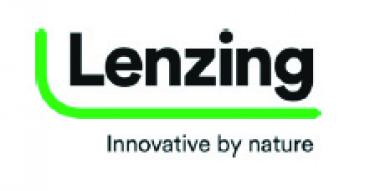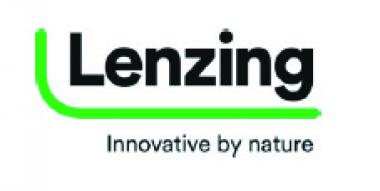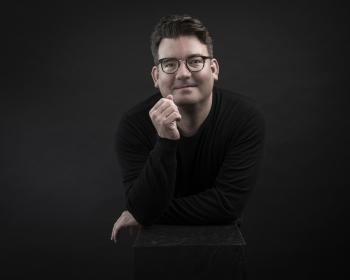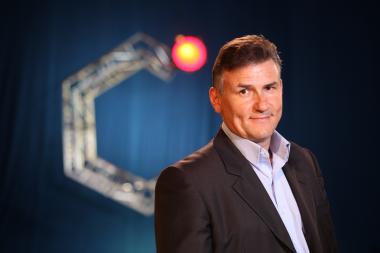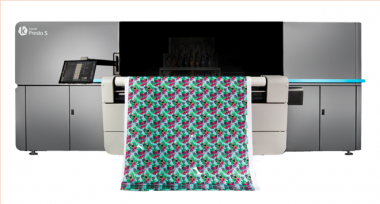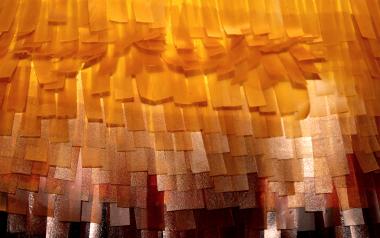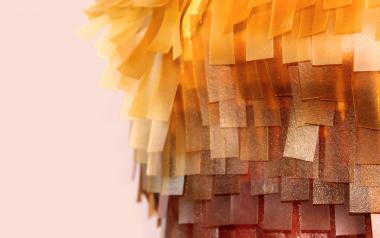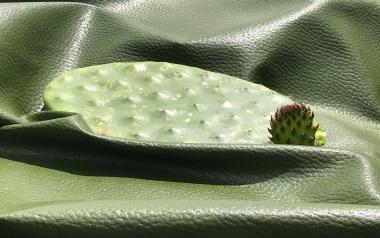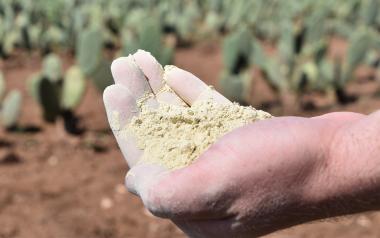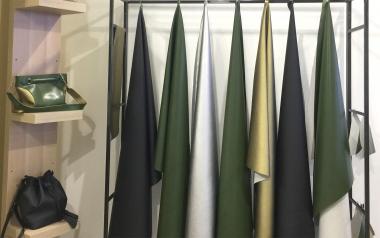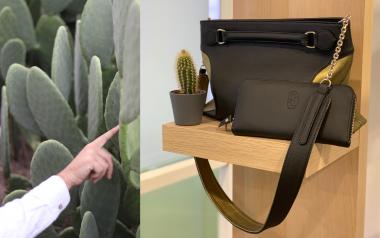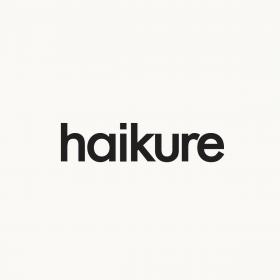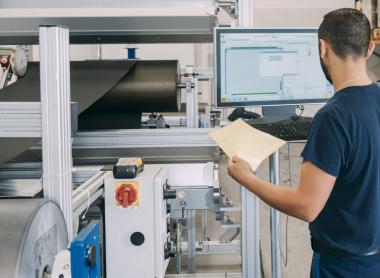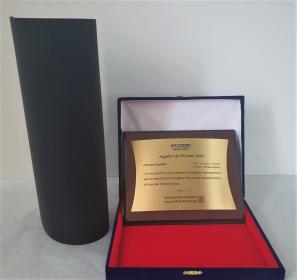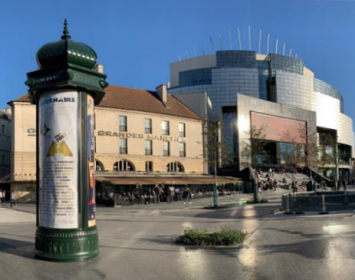Kelheim Fibres nominated for the Sustainbability Heroes Award
Kelheim Fibres has been selected as a finalist for the Sustainability Heroes Award in the category “Sustainable Innovation”. The award is presented by DQS (German Association for Sustainability) and DGQ (German Association for Quality) to pioneers in sustainability and aims to further encourage active involvement in this field.
The viscose speciality fibres manufacturer has secured the selection with its innovative plant-based fibres that can substantially contribute to a plastic-free future in absorbent hygiene products such as femcare or incontinence products.
In contrast to other plant-based fibres, viscose fibres can be precisely modified and functionalised during the production process. They can be adapted to meet the exact requirements of the single components of a hygiene product in terms of their liquid management properties (from water repellent to highly absorbent) and so match the performance of synthetic fibres that are still used in the majority of these single-use products.
Whereas today, environmentally conscious consumers must often decide between feeling safe and a clear conscience, the Bavarian fibre experts are actively developing more and more products that do justice to both: Kelheim combines sustainably manufactured and completely biodegradable fibres with the technical performance of synthetic fibres. The aim is to help to reduce the use of crude-oil-based plastics in single-use products and their negative impact on the environment.
Kelheim Fibres GmbH




